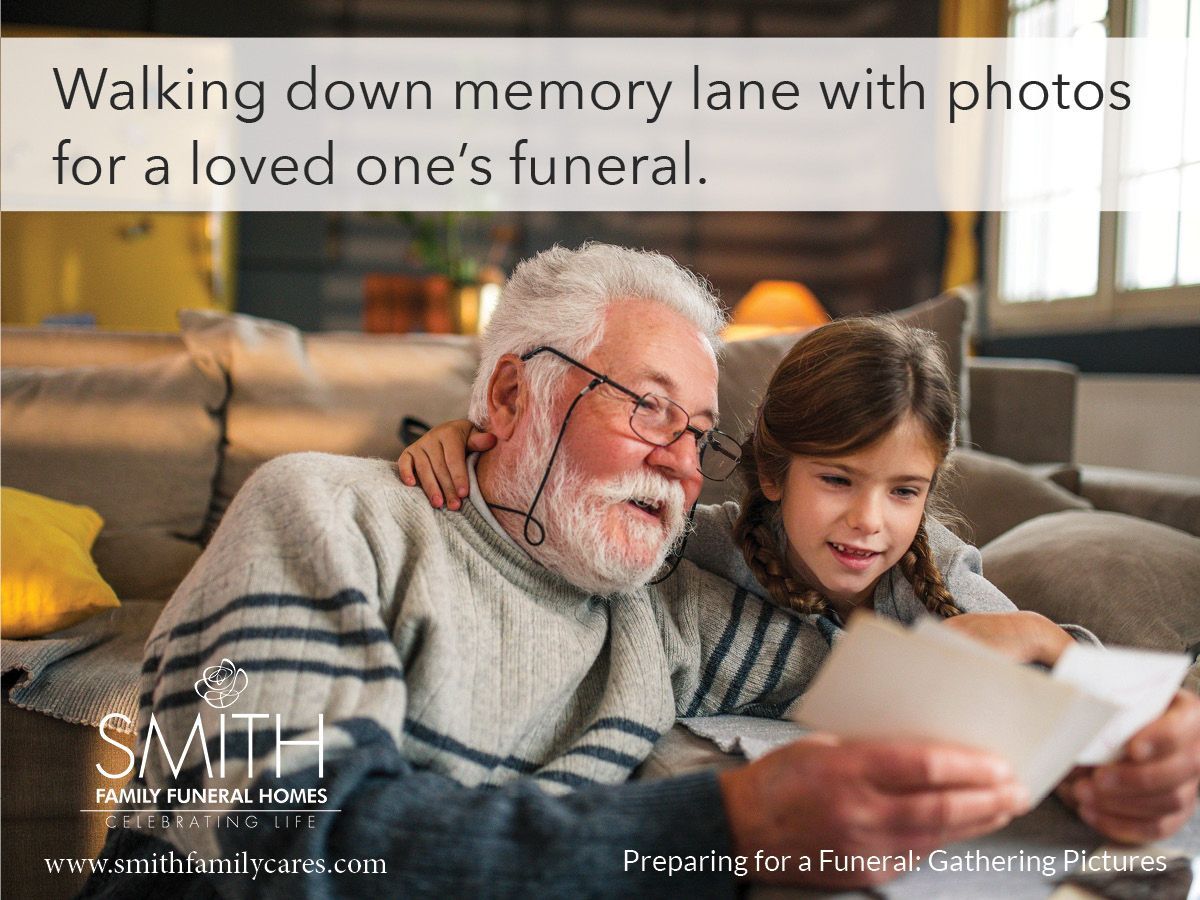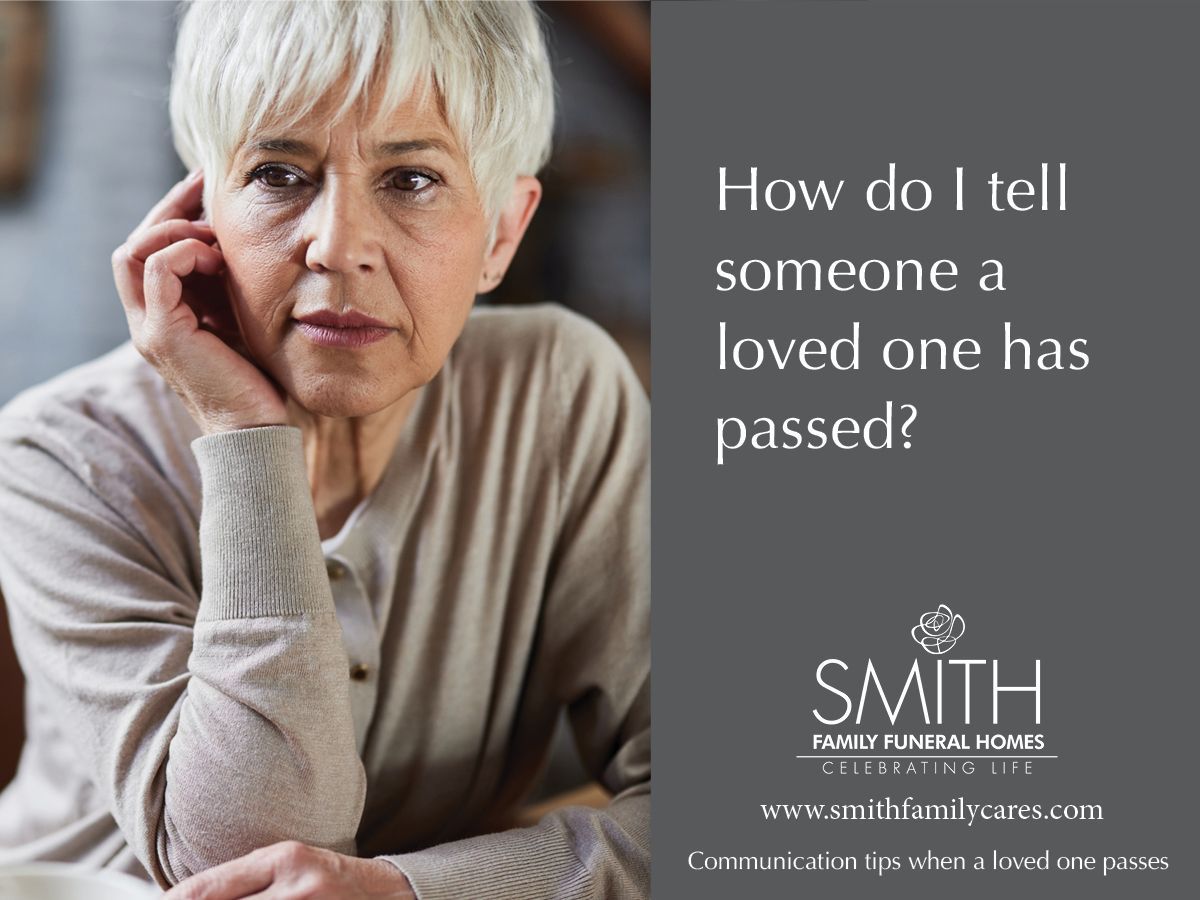
There are many reasons why your loved one would have to travel after their death. Perhaps they were away from home at the time of their death, and they need to be brought back to their hometown for their funeral. Or maybe they retired to another state, but they wanted their final resting place to be where they spent most of their life.
Perhaps one of the most famous instances of post-mortem travel was when President Abraham Lincoln was brought across the country to his final resting place in Springfield, Illinois, when citizens throughout the country came out on his journey to pay their respects. But much has changed in regards to transporting decedents since his day. So, what goes into transporting a deceased loved one?
Who makes arrangements for transporting decedents?
In general, a funeral director will need to make the arrangements. Your first step is to contact the funeral home your loved one chose or one you trust. From there, they will work with the funeral home who picked up your loved one to prepare them for transport. If you are sending them across state lines, be aware that there may be some regulations in terms of how they travel. Most often, your loved one will need to be embalmed or refrigerated before they are able to travel. Depending on your state’s laws, you may also need a burial transit permit, which allows the custody of your loved one to move from one funeral home to another.
How can your loved one be transported?
You have several options when it comes to transporting your loved one. If they only need to go a short distance, you may have the choice to have them travel by car. Check with your funeral home to ask if that’s a service that they offer. Most funeral homes charge by the loaded mile, and the price range can vary. Another option for land transportation would be to have your loved one travel by train. Instead of charging by the loaded mile, you’d instead be paying a rail shipment fee. In both cases, there is also a fee for preparing your loved one for transport.
However, if your loved one died far from their final resting place, you’re most likely going to have to use air transportation. In this case, you’ll need the help of someone recognized by the TSA as a “known shipper.” Luckily, most funeral homes have this status. The known shipper will prepare your loved one for their journey by placing them in a specialized container, which will then be stored in the cargo hold.
Whether you choose train travel or air travel, because of the distance between locations, you’ll actually be working with two funeral homes: one where your loved one is and one where you want them to be. The funeral director at the destination will handle transporting your loved one to their funeral home.
Can you drive your loved one on your own?
It is possible to drive your loved one yourself, but it’s essential that you follow the rules for transporting a decedent in your state and across state lines. Your loved one must be sealed in the right kind of shipping container, and you may have to embalm or refrigerate them before traveling, depending on what’s required by law. Because funeral directors do have more experience transporting decedents, you will likely want to consult with your loved one’s funeral home before attempting to make the trip yourself.
Can you transport ashes instead?
Carrying ashes to another destination is significantly easier than transporting a loved one. There are no regulations on traveling with ashes across state lines, but the TSA has some rules if you’re flying with your loved one’s cremated remains. Your bag will have to go through screening, whether it’s carry-on or checked luggage. To make screening easier, it’s better for those ashes to not be in a standard urn and instead be in a container made of lighter-weight material, like plastic. If you’re hoping to check your bag, be aware that, despite the fact that the TSA allows ashes in checked luggage, every airline has different regulations and some won’t allow ashes to travel this way. Always call the airline to check for its restrictions.
If you intend to ship the ashes by mail, the USPS is the only shipping company that allows this. However, there are rules in regards to how you package and ship them, so make sure that you’re following the USPS’s guidelines.
When you lose a loved one and they’re away from home, their journey to their final resting place can be a difficult one. But with the help of funeral professionals and an understanding of your state’s laws, their trip can cause you less stress and give you peace of mind while you plan their funeral.
Smith Family Funeral Homes provides quality funeral, memorial and cremation services to the families of Central Arkansas. Their six locations can be found in Little Rock, North Little Rock, Westbrook, Sherwood, Benton and Arkadelphia. With a privately-owned crematory operated by licensed professionals, Smith Family Funeral Homes can guarantee their high standard of care throughout the cremation process. To learn more, visit smithfamilycares.com.














